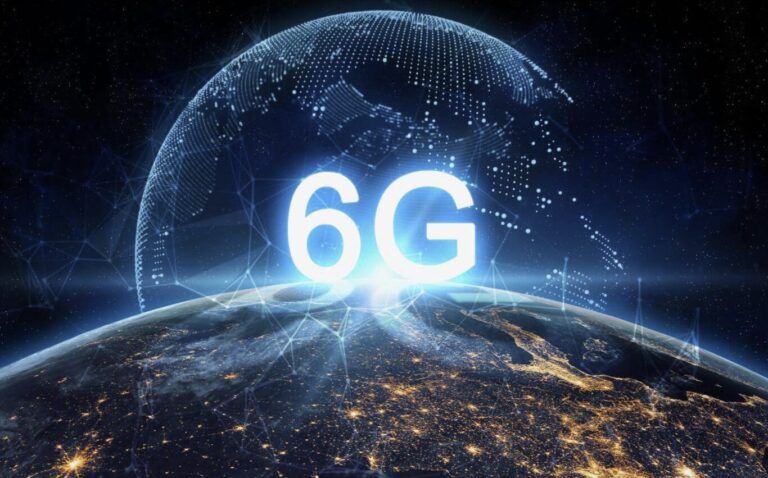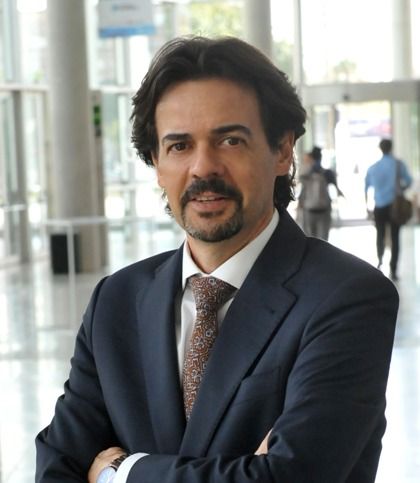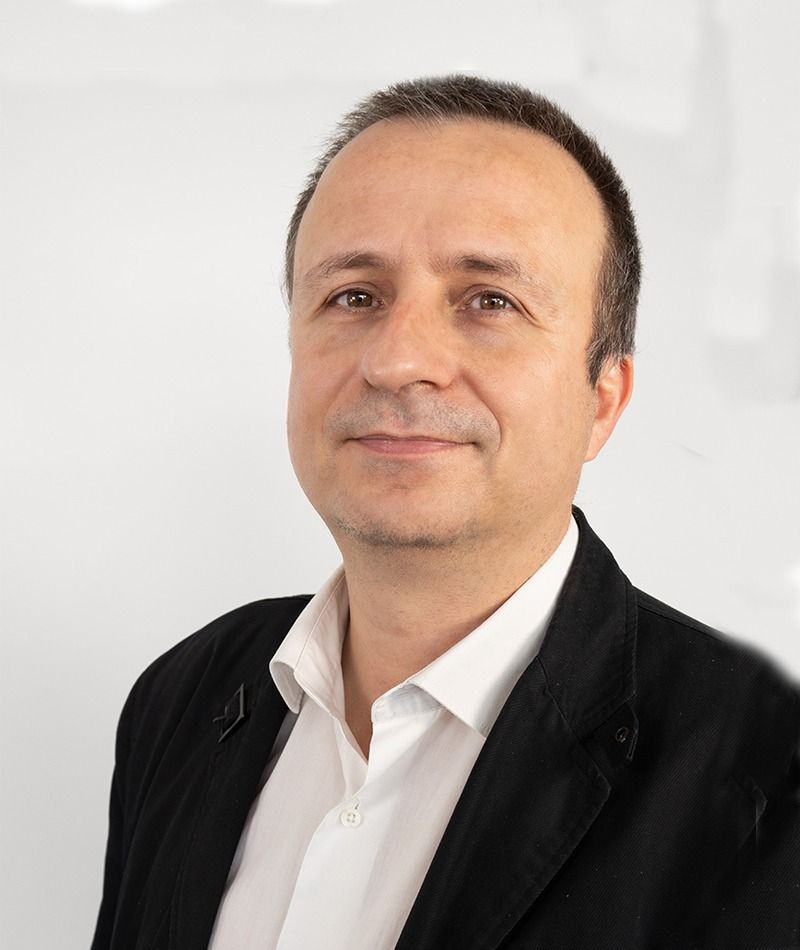
Is 6G necessary? The answer, at the ‘5G Forum 23’ in Seville
- Narcís Cardona, Director of iTEAM and Vice President of One6G Association, will be in charge of answering this question about the Sixth Generation technology at the 5G Forum 2023, which starts this Monday 8th in Seville.
A few hours before the start of the 5G Forum 2023, this Monday 8 in Seville, and when the 5G is just beginning to be deployed massively in Spain, one of the topics under debate in Europe is whether it is necessary to launch the 6G, the sixth generation of telecommunications, in order not to lose technological sovereignty.
Why is 6G necessary? The question will be answered by Narcís Cardona, Director of iTEAM and Vice President of One6G Association, who is also a professor at the Polytechnic University of Valencia (UPV), and author of 12 patents, as well as several books and more than 250 publications in specialized journals.
Europe’s lack of leadership in 5G, where the United States, China and other Asian countries are ahead, means that the European Union wants to regain its technological sovereignty with the future Sixth Generation of mobile networks.
The high consumption of data and services, both by consumers and companies, will not be covered by the networks that currently exist.
One of the purposes for which 5G was introduced was to cover communication between devices, machines or vehicles, other than personal mobile devices.
In addition, this demand will be exponentially increased by the needs of Artificial Intelligence or Distributed Intelligence. Narcís Cardona will speak about these issues at the 5G Forum 2023, which is now in its sixth edition under the slogan “Where 5G leaders meet”.

One6G Association’s key role
The One6G Association, of which Cardona is Vice President, composed of nearly 100 international members including multinationals, institutions and universities (Viavi Solutions and Huawei – also participating in the ‘5G Forum 23’ – are members), aims to evolve, test and promote communications solutions based on next-generation cellular and wireless technology.
By supporting global 6G research and standardization efforts, the goal is to accelerate its adoption and overall market penetration, while addressing societal and industry-driven needs for enhanced connected mobility. All this with the ambition to accelerate the development of new services and applications in domains such as advanced autonomous driving, advanced manufacturing, advanced wireless e-health, remote education, etc.
Vision of the 6G-IA
6G will also be the focus of Carles Antón-Haro, member of the 6G-IA Governing Board. He will focus on the key strategies that are necessary for the development of 6G and what is the vision of the Joint Initiative Smart Networks and Services (JU-SNS) companies.
Antón-Haro will address the first set of strategic reflections and recommendations for the development of 6G smart networks and services, which are included in the position paper recently published by the Business Association for 6G (6G-IA) and which will be taken into account in the Strategic Research and Innovation Agenda (SRIA) and in the JU-SNS R&D Work Programs.

The sixth edition of the 5G Forum will be held over 5 days during the month of May. Two face-to-face sessions (Monday 8 and Tuesday 9) at the Palacio de Congresos y Exposiciones (FIBES) in Seville and three virtual sessions (Wednesday 10, Thursday 11 and Friday 12).
On the 5G Forum platform, which can be accessed here for free by simply registering with your email address, on-site and virtual attendees will be able to watch live and on-demand the event’s conferences and more than 550 others available at EL OBSERVATORIO de Medina Media Events, the event organizer.
The 5G Forum, “Where 5G leaders meet” is promoted by Sevilla City Office and Fibes, and has the support of Junta de Andalucía and the Digital Agency of Andalusia, as well as Orange, Telefónica, Viavi Solutions, Ericsson, Capgemini, Rohde & Schwarz, Minsait, Netmetrix, OFG, ZTE, Huawei, Vantage Towers, Vodafone, Nokia, Gsertel, Hispasat, Axión and Impulsa Visión RTVE, among others.